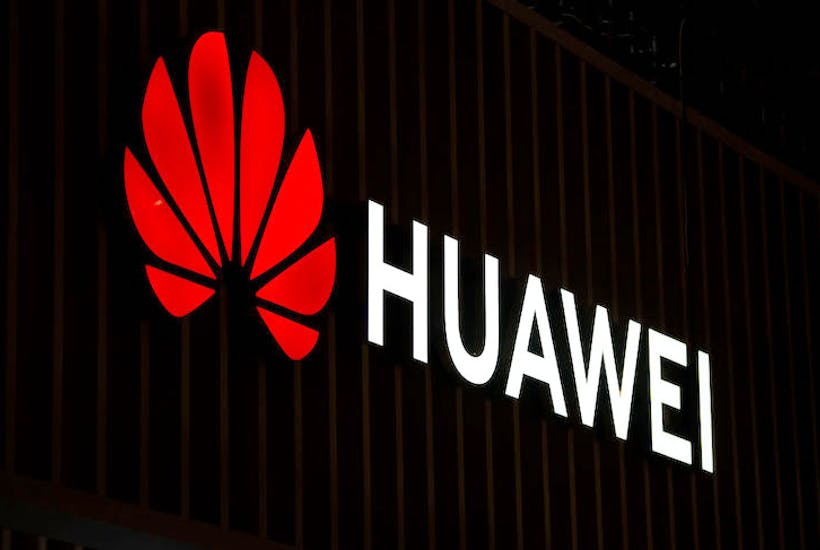There is a contradiction at the heart of today’s government decision to allow UK telecoms companies to purchase kit from China’s Huawei for their 5G and full-fibre broadband networks.
It is that Huawei has been officially designated as a ‘high-risk vendor’ – because it is seen by ministers as subject to direction by an anti-democratic Chinese government and its surveillance apparatus.
But – despite pressure from President Donald Trump for Huawei to be banned altogether from the UK’s digital infrastructure – Boris Johnson and the National Security Council have not chosen to instruct Huawei to pack up their hi-tech kit and flog it in other parts of the globe.
Instead, they decided to give Huawei restricted access to the new 5G and super-fast broadband networks – which Johnson felt obliged to do, because he is convinced that banning Huawei would have set back the development of 5G and super-fast broadband by two to three years, at a potential economic cost of tens of billions of pounds (or so officials informed him).
But Huawei will not be allowed to install any kit in the so-called core of these networks, which is where most data is processed and important functions such as encryption of messages takes place.

Get Britain's best politics newsletters
Register to get The Spectator's insight and opinion straight to your inbox. You can then read two free articles each week.
Already a subscriber? Log in








Comments
Join the debate for just £1 a month
Be part of the conversation with other Spectator readers by getting your first three months for £3.
UNLOCK ACCESS Just £1 a monthAlready a subscriber? Log in